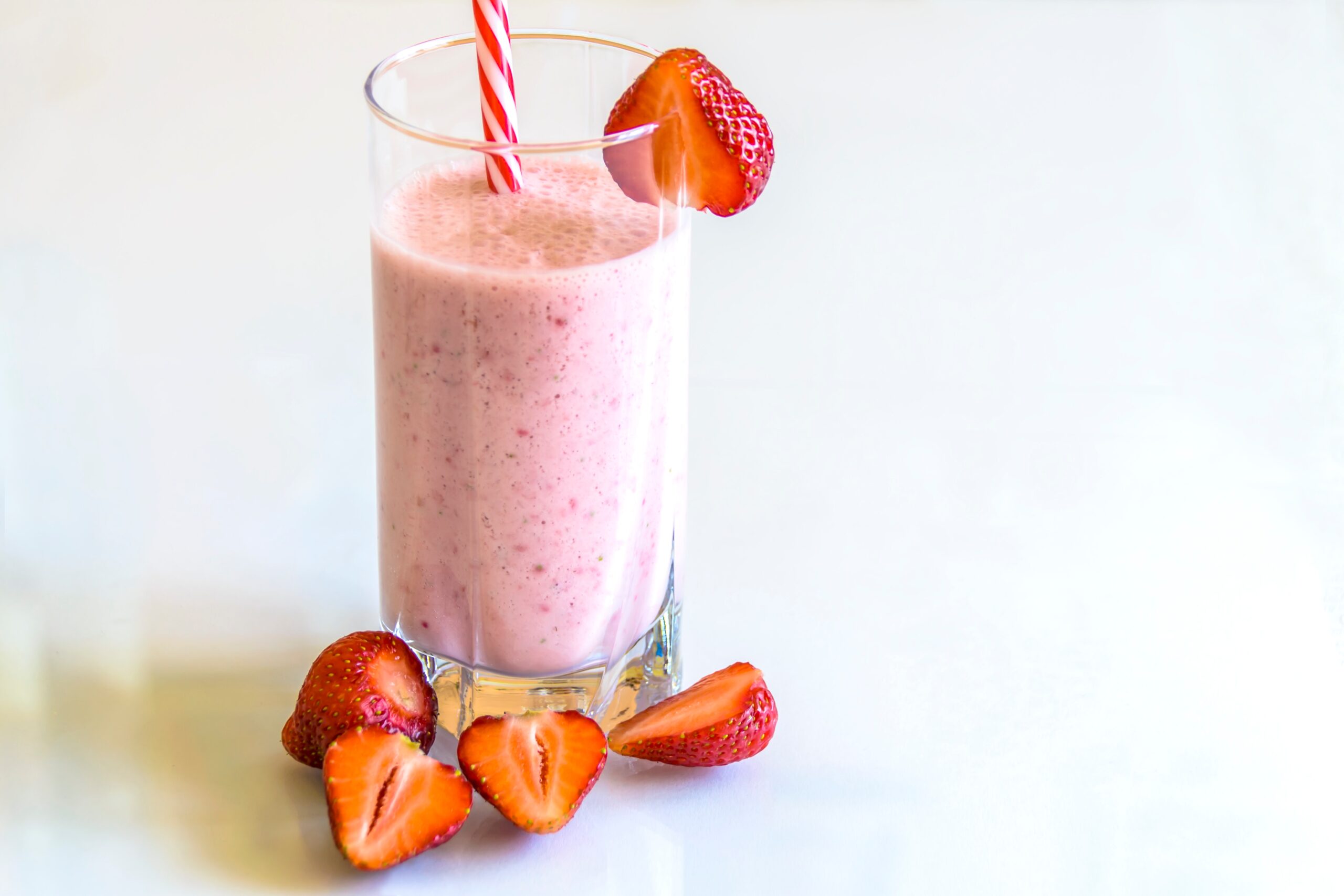This page contains affiliate links, meaning I get a commission if you decide to make a purchase through my links, at no additional cost to you.

Smoothie diets have gained popularity in recent years as a quick and convenient way to lose weight and improve overall health. These diets involve replacing one or more meals with a nutritious smoothie made from a combination of fruits, vegetables, and other ingredients. But are smoothie diets healthy? In this comprehensive guide, we will delve into the benefits and potential drawbacks of smoothie diets, explore the science behind them, and provide tips on how to incorporate smoothies into a balanced and sustainable eating plan.
The Basics of Smoothie Diets
Smoothie diets that are healthy typically involve consuming one or two smoothies per day, either as meal replacements or as snacks. These smoothies are typically packed with fruits, vegetables, and other nutrient-rich ingredients such as nuts, seeds, and protein powders. They offer a convenient way to increase your intake of vitamins, minerals, and antioxidants, while also providing hydration and fiber.
“Start your health journey today with the 21 Day Smoothie Diet!”
The Health Benefits of Smoothie Diets
- Weight Loss: One of the primary reasons people turn to smoothie diets is for weight loss. By replacing high-calorie meals with low-calorie smoothies, you can create a calorie deficit, leading to weight loss over time. Additionally, the fiber content of smoothies can help promote feelings of fullness and reduce overall calorie intake.
- Increased Nutrient Intake: Smoothies can be a great way to boost your intake of essential nutrients. Fruits and vegetables are rich in vitamins, minerals, and antioxidants that support overall health and well-being. By incorporating a variety of colorful fruits and vegetables into your smoothies, you can ensure that you’re getting a diverse range of nutrients.
- Hydration: Many people struggle to meet their daily fluid needs, but smoothies can help with that. Smoothies are typically made with a base of water, coconut water, or plant milk, which helps to keep you hydrated throughout the day.
- Digestive Health: Smoothies are a great source of dietary fiber, which is important for maintaining a healthy digestive system. Fiber adds bulk to your stools, making them easier to pass and promoting regular bowel movements.
- Increased Fruit and Vegetable Consumption: Smoothie diets can be an excellent way to increase your intake of fruits and vegetables, especially if you find it challenging to consume them in their whole form. Smoothies allow you to combine different fruits and vegetables into a delicious and easily digestible drink.
- Convenience: Smoothie diets are incredibly convenient, especially for those with busy lifestyles. They can be prepared in advance and taken on the go, making them a convenient option for breakfast or a quick snack.
Potential Drawbacks of Smoothie Diets
While smoothie diets offer several health benefits, it’s essential to consider potential drawbacks as well. Here are a few things to keep in mind:
- Lack of Whole Foods: Smoothies can be a great way to incorporate fruits and vegetables into your diet, but they should not replace whole foods entirely. Whole foods provide essential nutrients and fiber that may be lacking in a solely smoothie-based diet. It’s important to strike a balance and include a variety of whole foods alongside your smoothies.
- Caloric Intake: While smoothies can be a helpful tool for weight loss, it’s crucial to pay attention to the overall calorie content of your smoothies. Adding high-calorie ingredients like nut butter, sweeteners, and excessive amounts of fruits can quickly increase the calorie content of your smoothie. Be mindful of portion sizes and avoid overconsumption.
- Blood Sugar Impact: Smoothies that are high in sugar, especially from added sweeteners or excessive fruit, can cause a rapid spike in blood sugar levels. This can lead to energy crashes and cravings later in the day. It’s important to balance the fruits in your smoothies with vegetables and other low-sugar ingredients.
Tips for Incorporating Smoothies Into a Balanced Diet
To make the most of smoothie diets while maintaining a balanced and healthy eating plan, consider the following tips:
“Start your health journey today with the 21 Day Smoothie Diet!”
- Include a Variety of Ingredients: Experiment with different fruits, vegetables, and other ingredients to create a well-rounded and nutrient-dense smoothie. Incorporate leafy greens like spinach or kale, add a source of protein like Greek yogurt or protein powder, and include healthy fats like avocado or nuts.
- Watch Portion Sizes: While smoothies can be delicious and satisfying, it’s important to pay attention to portion sizes. Stick to recommended serving sizes and be mindful of the overall calorie content of your smoothie.
- Balance Macronutrients: Aim to include a balance of carbohydrates, protein, and healthy fats in your smoothies. This will help keep you fuller for longer and provide sustained energy throughout the day.
- Limit Added Sweeteners: Be cautious when adding sweeteners like honey, maple syrup, or agave to your smoothies. While they can enhance the flavor, they also add extra calories and sugar. Opt for naturally sweet ingredients like ripe bananas or dates to sweeten your smoothies instead.
- Supplement Wisely: Consider adding supplements like protein powder, collagen peptides, or greens powders to boost the nutritional value of your smoothies. Consult with a healthcare professional or registered dietitian to determine which supplements are right for you.
- Incorporate Whole Foods: While smoothies can be an excellent way to increase your intake of fruits and vegetables, they should not replace whole foods entirely. Aim to include a variety of whole foods in your diet, such as lean proteins, whole grains, and healthy fats.
Final Thought

Smoothie diets can be a healthy and convenient way to boost your nutrient intake, support weight loss, and improve overall health. By incorporating a variety of fruits, vegetables, and other nutritious ingredients, you can create delicious and satisfying smoothies that support your health goals. However, it’s important to remember that smoothies should not replace whole foods entirely, and portion control and balance are key. Consult with a healthcare professional or registered dietitian to determine if a smoothie diet is right for you and to ensure that you’re meeting your individual nutritional needs.
Remember, it’s always best to approach any dietary changes with moderation and a focus on overall balance and sustainability. Enjoy your smoothies as part of a healthy and diverse eating plan, and savor the benefits they can bring to your health and well-being.
Disclaimer: This article is for informational purposes only and should not be considered medical advice. Always consult with a healthcare professional or registered dietitian before making any significant changes to your diet or lifestyle.





